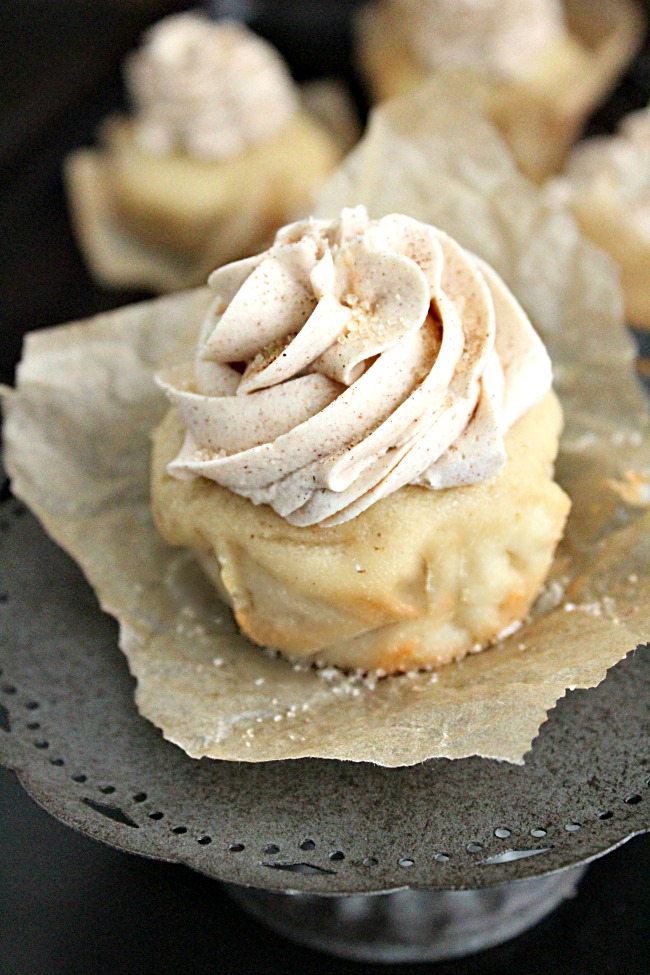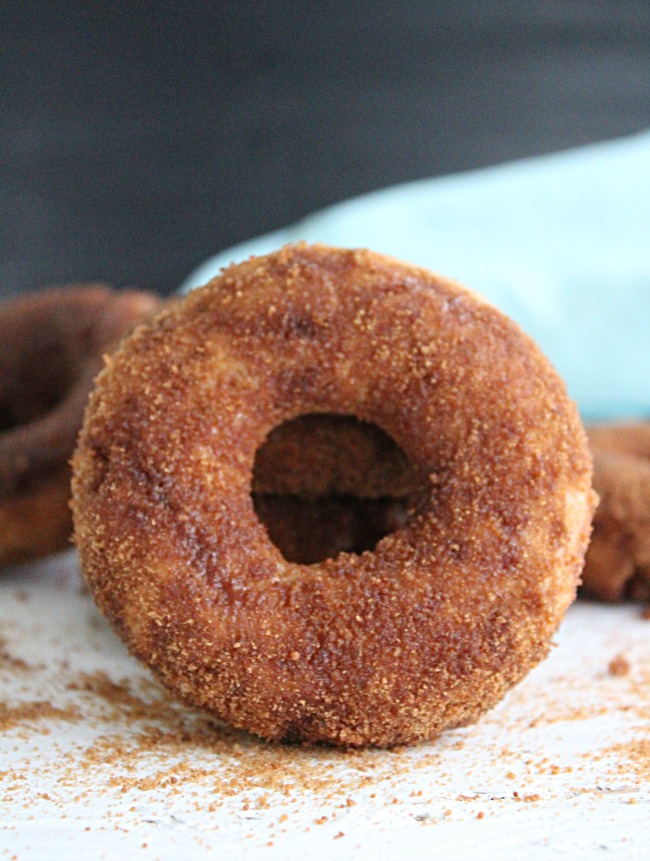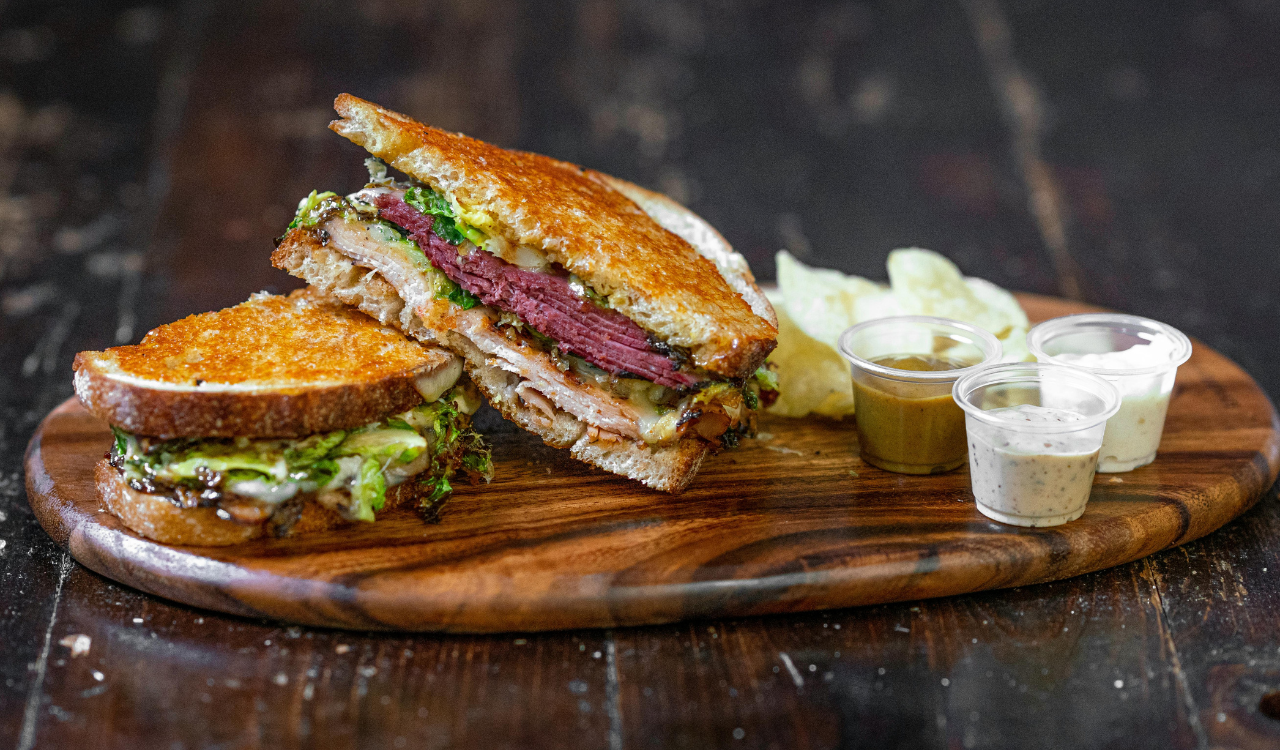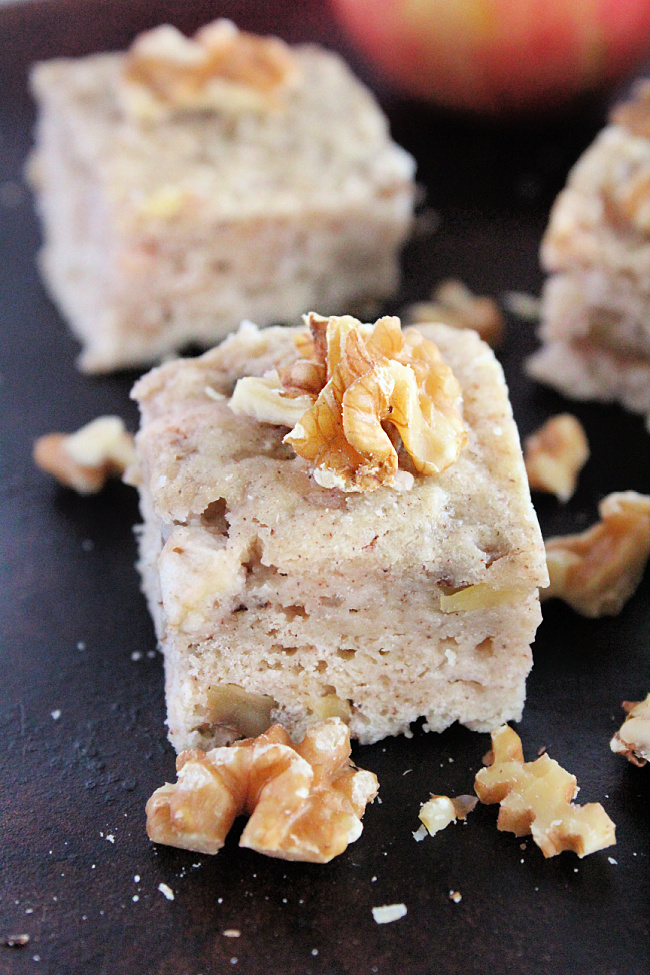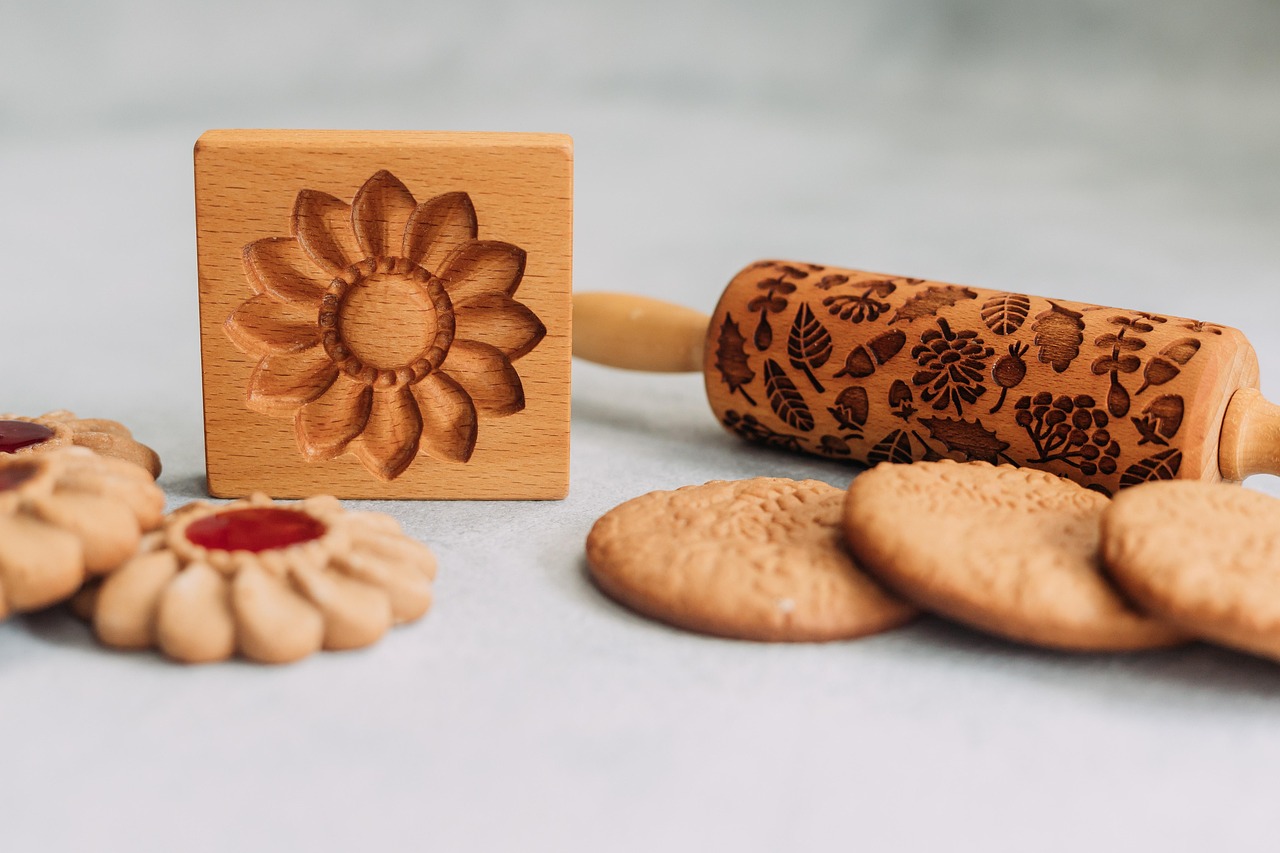The Psychology Behind a Cluttered Kitchen: Why Your Mess Matters More Than You Think
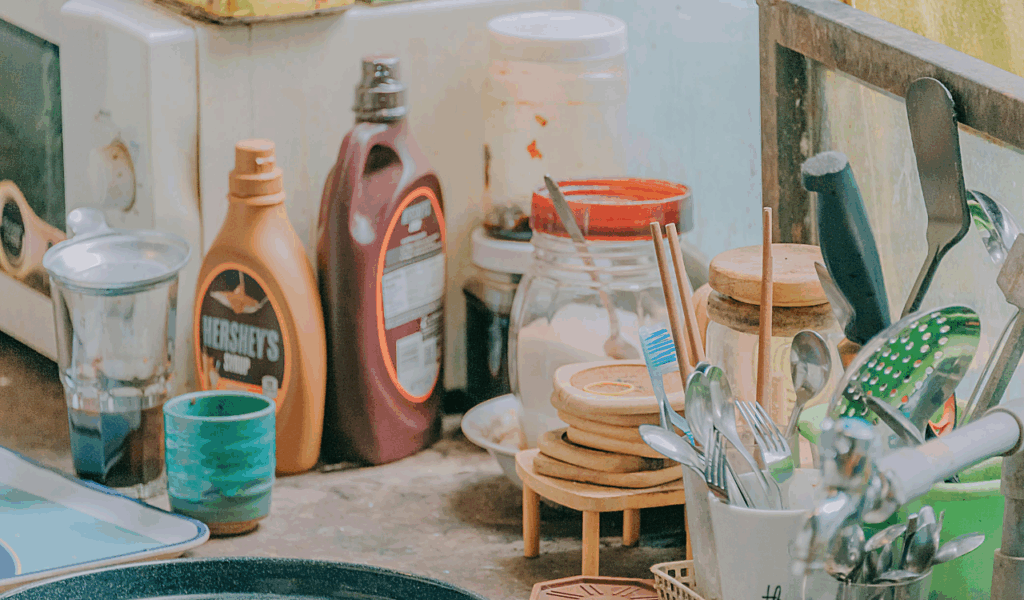
Have you ever entered your kitchen, looked at the counter piled high with jars, utensils, and loose papers, and felt a twinge of tension or guilt? It’s not just your imagination-well, it is, in part-your disorganized kitchen might be interfering with your mental health. In recent years, neuroscientists and psychologists have started mapping the relationships between stress, focus, and emotional well-being and clutter in our homes, particularly in high-use areas like kitchens.
To help you understand why clutter is important psychologically and how to deal with it, let’s take a layer-by-layer approach, similar to cleaning your kitchen counter.
Mess, Mind, and Meaning
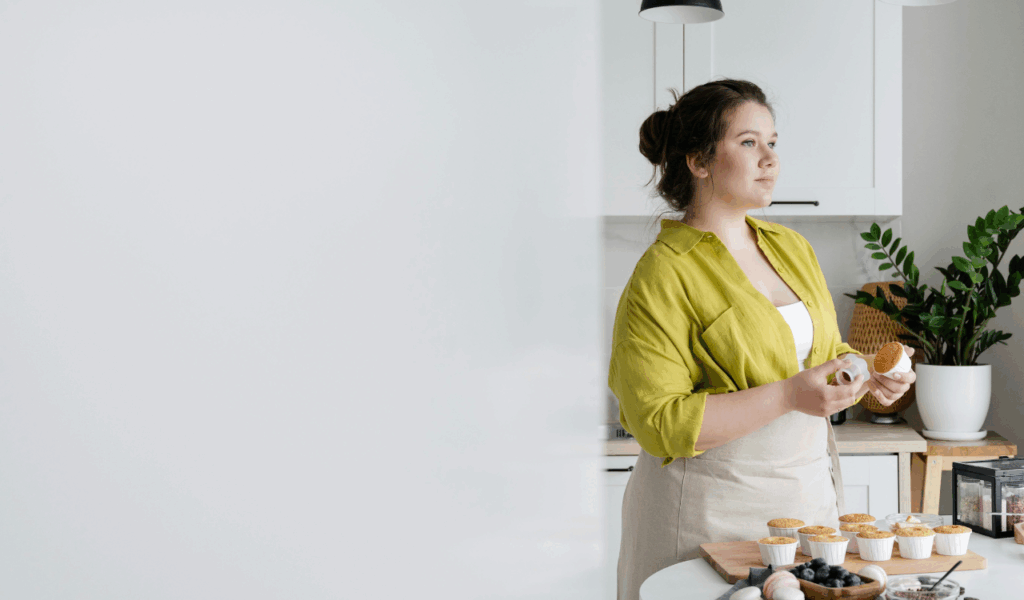
What counts as clutter-and why the kitchen is a “hot zone”
Clutter is more than just “messy.” Material disorder, as defined in academic studies, is the disarray or piling of items without a systematic arrangement. What one person finds manageable might be too much for another.
Our frequent use of the kitchen-daily food preparation, snacking, and cleaning-makes it a “hot zone,” and as a result, clutter is constant and difficult to ignore. 58% of 1,000 American homeowners surveyed in 2025 claimed that daily stress is caused by kitchen clutter. That’s probably more than half of your neighbors.
Therefore, while the chaos in your living room may become less noticeable, it tends to become more noticeable in the kitchen, especially when you are attempting to prepare or cook.
Why clutter hijacks your focus

Think of your brain as a computer with a limited amount of random-access memory. Your brain goes through cycles determining which visual stimuli to “check” and which to “ignore” when there are too many of them competing for your attention, such as a stack of dishes, sauce bottles, or stray mail. Everything else slows down as a result.
Clutter actually has been demonstrated to visually compete for cognitive resources, which reduces focus and heightens mental exhaustion. Therefore, even if you’re not sure why, you might feel that a messy kitchen makes it difficult to “think straight.”
The Emotional Toll of Clutter
Stress, guilt, and elevated cortisol
A “there’s something unfinished” feeling is frequently triggered by clutter. According to psychologists, your brain might still perceive that pile of dishes as an unfinished task even if you
mentally dump the idea of cleaning. That persistent background nagging can eventually cause cortisol levels, a stress hormone, to rise.
It’s interesting to note that women with cluttered homes had significantly higher cortisol levels than their male partners in a study of dual-income couples. It implies that people differ in their sensitivity to environmental disorder, but it does not imply that clutter is a “women’s problem.”
Clutter, mood, and well-being
Higher levels of household clutter are consistently associated with lower psychological well-being, according to research. According to a 2025 study of 501 adults, higher levels of household clutter were associated with worse mental health in those without hoarding disorders.
Other research links clutter to avoidance, shame, frustration, anxiety, and depression. Additionally, clutter can encourage procrastination because it makes one wonder where to begin when everything is disorganized.
To put it briefly, a disorganized kitchen can throw your emotional equilibrium off, especially over time.
Why Some Kitchens Spiral While Others Don’t
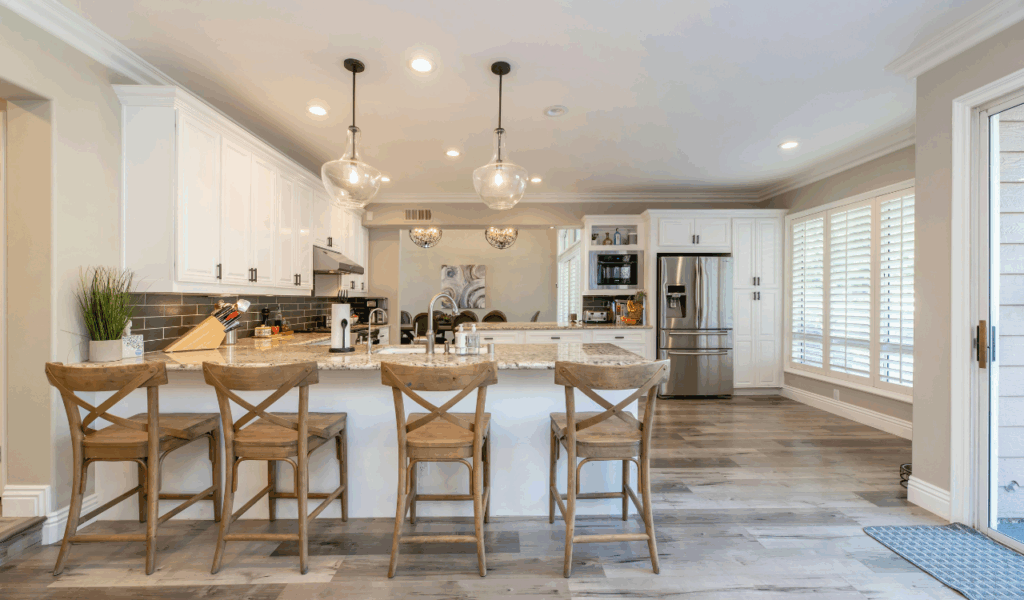
The role of personality & mental state
Not everyone experiences the same level of stress from mess. In “creative chaos,” some people flourish. Others may be much more sensitive to clutter, particularly those who have a preference for order or are perfectionists.
Additionally, mental health conditions like depression or executive-function disorders (like ADHD) can impair your ability to keep things organized, which speeds up the accumulation of clutter.
Moderators: when clutter hurts more
According to the 2025 study, the impact of clutter on wellbeing can be mitigated by one’s perceptions of the home, such as whether one believes the area is “beautiful” or “appreciated.” Stated differently, clutter might not be as detrimental in a house that feels aesthetically cohesive or well-maintained overall.
Additionally, clutter appears to have a greater impact on those who are already under stress, such as during times like the COVID lockdowns.
Clearing Counter Space, Calming the Mind
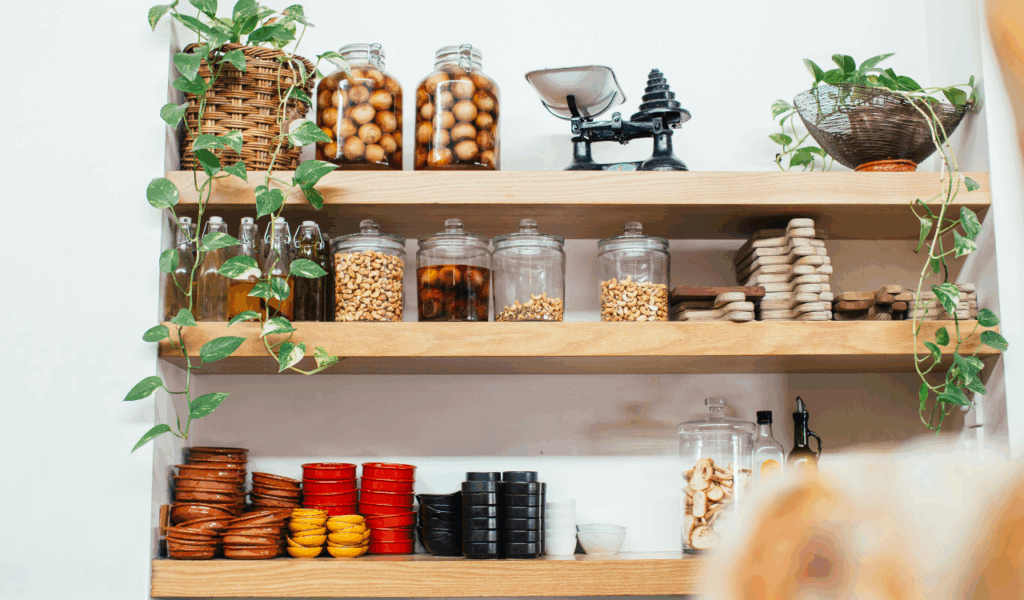
Let’s move from diagnosis to action now. These practical (and compassionate) methods will help you take back your kitchen and, consequently, your mental space.
1. Start micro – pick a one-square-foot spot
It seems impossible to declutter the entire kitchen at once. Choose a shelf or a drawer instead. Momentum can be changed in as little as ten minutes each day. Decision fatigue is lessened as a result.
2. Use the “Function Test”
Inquire as to whether this item facilitates or impedes kitchen flow. It may be a candidate for removal if you haven’t touched it in several months and it isn’t absolutely necessary.
3. Zone & systematize
Sort items according to their purpose (prep, cooking, storage, etc.) and assign them specific locations. “Where should I put this?” decision load is lessened by distinct visual boundaries.
4. One in, one out
Bring a fresh pan in. Give up an old one. This keeps things in balance and stops clutter from slowly creeping in.
5. Ritualize maintenance
Include a 5-minute nightly “reset” in your kitchen, where you put away utensils, clean surfaces, and store any leftover papers because it is a high-traffic area. Small routines are preferable to infrequent thorough cleanings.
6. Honor the emotional dimension
Take a moment to recognize your feelings if something is difficult to throw away due to guilt, memories, or a fear of waste. By temporarily putting it in a box and coming back to it later, you can avoid procrastinating and avoid emotional overload.
What This Means for You

Your mind has to work harder when your kitchen is cluttered. You are always under micro-stress. You lose time searching for items, making minor choices, and getting over distractions. On a deeper level, clutter can erode your energy, clarity, and sense of calm.
However, it need not be a binary change. You can shift your kitchen (and your mind) in the direction of greater clarity by using gentle systems, small actions, and awareness. Regaining your mental space is the aim, not achieving a flawless appearance.
References
- “The First Thing Psychologists Say About Your Messy Kitchen Cabinets …” (The Kitchn) (The Kitchn)
- Ferrari, Joseph, “Why clutter stresses us out” (APA podcast) (American Psychological Association)
- “How Clutter and Mental Health Are Connected” (Very well Mind) (Verywell Mind)
